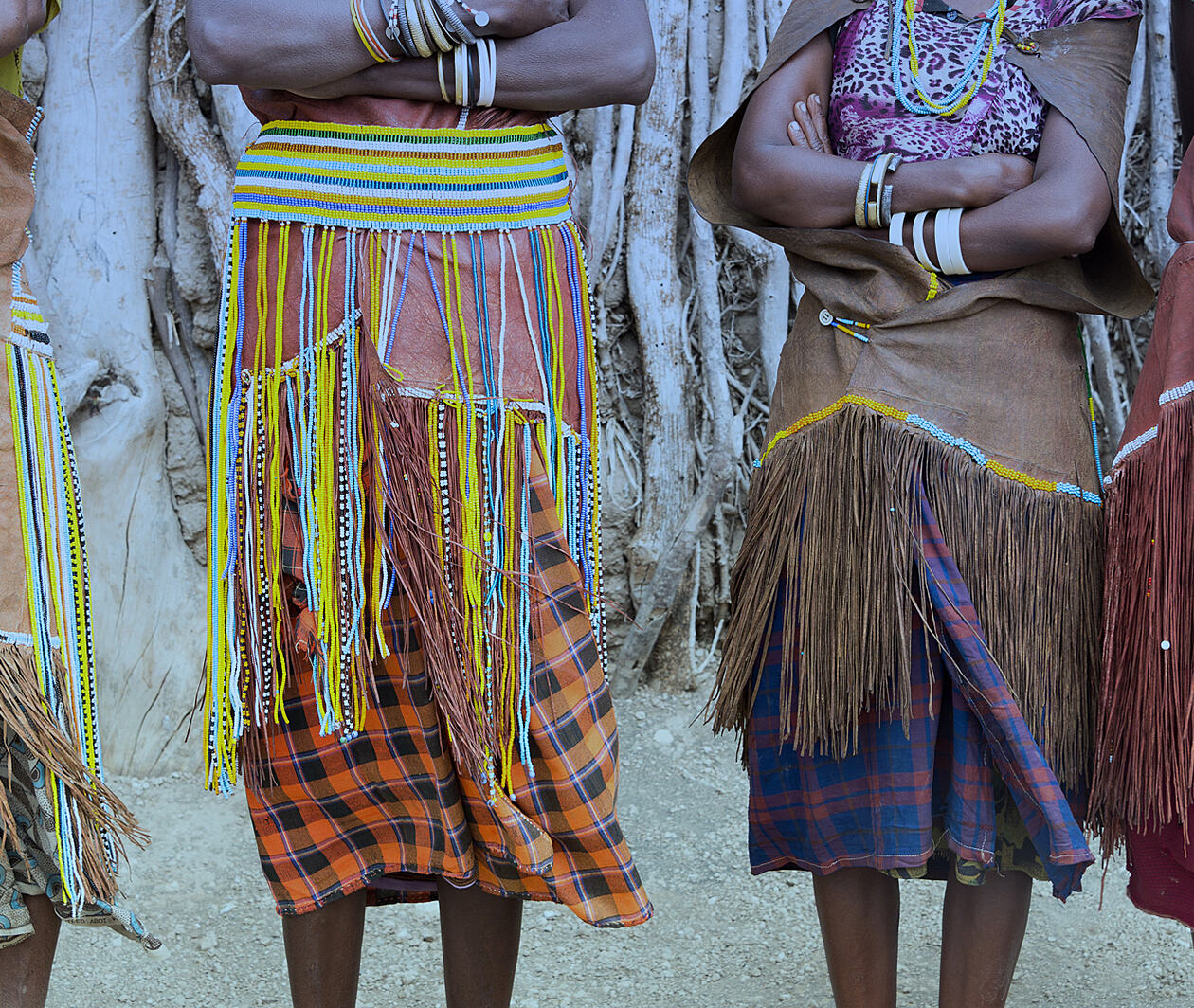Learn about the contemporary social, cultural, economic and political situations of indigenous peoples.

Duration
3 weeksWeekly study
3 hours
Indigeneity as a Global Concept
Explore the global economic and political situations of indigenous peoples
This fascinating three-week course will explore the contemporary social, cultural, economic and political situations of indigenous peoples all across the globe.
You’ll be introduced to definitions and parameters of indigenous peoples, and will engage with a wide range of case studies that illustrate indigenous peoples’ struggles.
Understand the different situations in which indigenous peoples coexist with non-indigenous peoples
Firstly, you’ll identify numerous past and present definitions of the much-contested phrase ‘indigeneity’, and will define the parameters that define indigenous peoples.
You’ll also engage with a range of case studies that illustrate indigenous peoples’ struggles, and will examine their relationship between indigenous peoples and non-indigenous peoples all across the globe.
Study postcolonial theory to see how colonialism has affected indigenous peoples
You’ll then get an insight into the impact of colonialism, imperialism and postcolonial theory for indigenous peoples, as well as the challenges facing indigenous peoples in today’s world, such as conflict over land and marine rights, reclamation of pre-colonial political boundaries and entities and co-existence with settler and migrant communities.
By investigating examples of 21st century land use struggles (such as the Brazilian ‘war of survival’), the course places a distinct emphasis on how contemporary challenges facing indigenous peoples continue to relate to urgent questions of land and land use.
Learn from anthropological experts at The University of Newcastle
Throughout the course you’ll be learning from experts within the field of indigeneity at the University of Newcastle, and will be able to ask them and fellow students for guidance throughout.
What topics will you cover?
- Definitions of indigeneity, past and present
- An introduction de-colonial and post-colonial theory and how these theories relate to indigenous peoples
- Case studies of indigeneity in the 21st century
- The legacy of European colonialism for indigenous peoples
- Contemporary acts of indigenous resistance across the globe
When would you like to start?
Date to be announced
Add to Wishlist to be emailed when new dates are announced
Learning on this course
On every step of the course you can meet other learners, share your ideas and join in with active discussions in the comments.
What will you achieve?
By the end of the course, you‘ll be able to...
- Understand the different situations in which indigenous peoples coexist with other, non-indigenous peoples in various states and societies.
- Demonstrate an understanding of the different types of struggles which indigenous peoples are waging in the contemporary world
- Collect, interpret and communicate information on indigenous issues to an audience
Who is the course for?
This course is particularly targeted at anyone interested in challenges currently facing indigenous peoples all around the world.
This can include those interested in studying anthropology, postcolonial studies and environmental management or environmental humanities.
Who will you learn with?
Senior Lecturer of Social Anthropology in the School of Humanities and Social Science at UON.
I'm Dr Randi Irwin and I'm an anthropologist. My long-term research has been with Saharawi refugees and focuses on their struggle for the decolonization of Western Sahara.
Who developed the course?
Established
1965Location
Newcastle, AustraliaWorld ranking
Top 180Source: QS World University Rankings 2024
Learning on FutureLearn
Your learning, your rules
- Courses are split into weeks, activities, and steps to help you keep track of your learning
- Learn through a mix of bite-sized videos, long- and short-form articles, audio, and practical activities
- Stay motivated by using the Progress page to keep track of your step completion and assessment scores
Join a global classroom
- Experience the power of social learning, and get inspired by an international network of learners
- Share ideas with your peers and course educators on every step of the course
- Join the conversation by reading, @ing, liking, bookmarking, and replying to comments from others
Map your progress
- As you work through the course, use notifications and the Progress page to guide your learning
- Whenever you’re ready, mark each step as complete, you’re in control
- Complete 90% of course steps and all of the assessments to earn your certificate
Want to know more about learning on FutureLearn? Using FutureLearn
Learner reviews
Learner reviews cannot be loaded due to your cookie settings. Please and refresh the page to view this content.
Advance your career with a degree
Since 2017 you have been able to take a degree on FutureLearn. This free course is a bit like a starter course for a degree — it should give you a flavour of the degree subject but can also be your first step towards a degree qualification.
If you enjoy this course you can apply to join the program it’s part of to start working towards a degree on FutureLearn.
Don’t worry, you can still take the course without doing a full degree!
Get a taste of this course
Find out what this course is like by previewing some of the course steps before you join:
Do you know someone who'd love this course? Tell them about it...
You can use the hashtag #UniNewcastle to talk about this course on social media.
